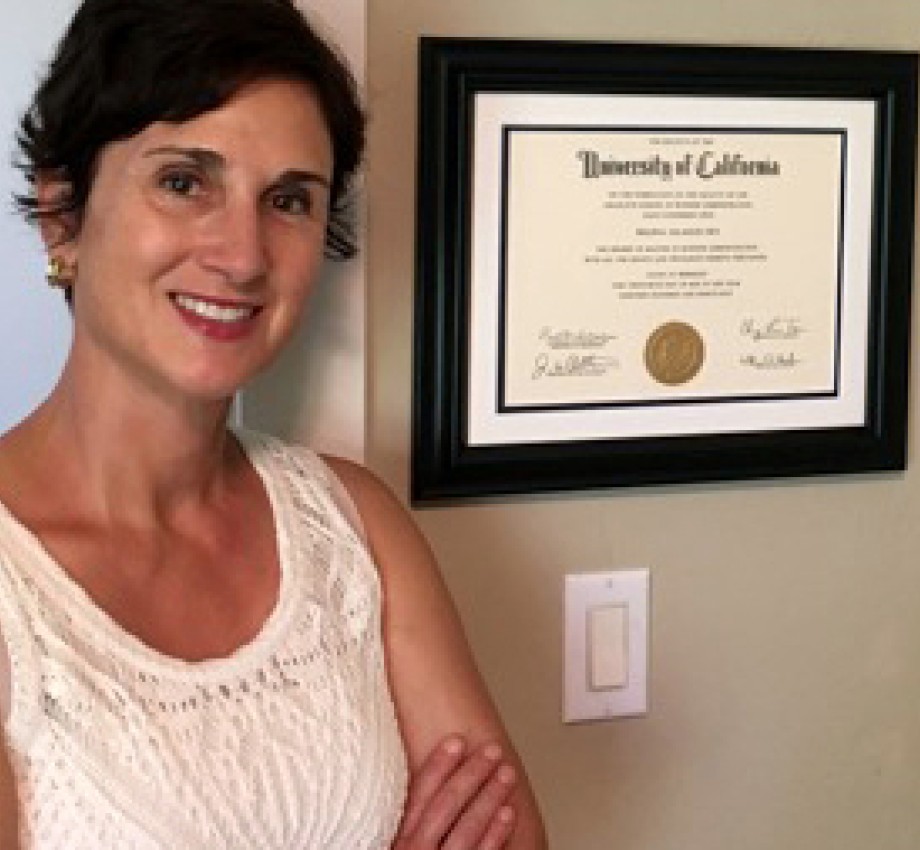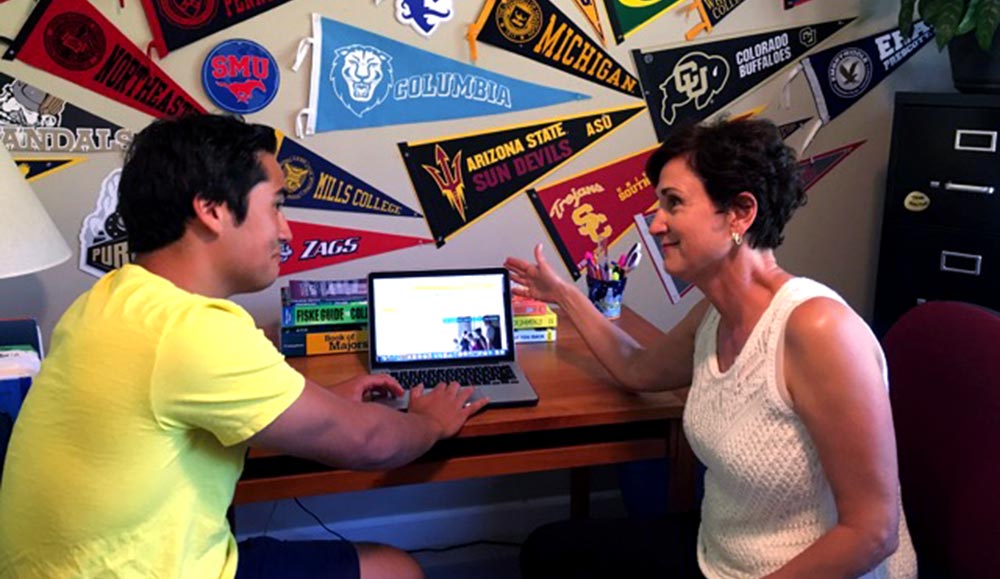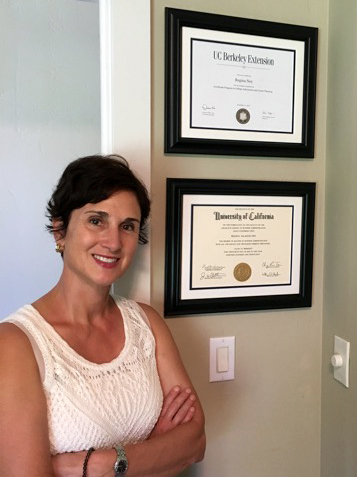
Take a moment and think back to your high school days.
Imagine: maybe you're busy with sports, clubs and academics, not to mention studying for your SATs or ACTs. Do you remember how you ended up deciding whether to go to college, where to go or what you wanted to study?
Getting Into College and Landing a Job—Then and Now
Decades ago, college decisions were often based on what parents or teachers told us we should do, or made completely at random. Back in the day when those who obtained a college degree were practically guaranteed a stable job (and tuition cost less than half what it does today), a haphazard decision about where to go (or not to go) to college could work out just fine. These days, however, employers demand different skills from a workforce now saturated with college graduates, prompting some to wonder if the college degree is the new high school diploma.

Having an experienced college counselor can help students and families explore and evaluate the best options that are out there.
Enter The College Admissions Counselor
With more students applying to more colleges than ever before, students must differentiate themselves to get into their top choice schools and later to land a job—making internships, volunteering and extracurriculars all the more important. With this in mind, the news that Malia Obama decided to take a gap year comes as no surprise, offering just one example of a departure from the traditional high school to college trajectory.

While today's high school graduates face an employment landscape distinct from that of their predecessors, make no mistake about it—a college degree still plays an essential role in landing a job and commanding higher pay. According to a study by the Georgetown University Center on Education and the Workforce profiled by the Chicago Tribune, since the recession 11.5 million of the 11.6 million new jobs created have gone to workers with at least some education beyond high school, with college degree holders boasting incomes averaging 80 percent more than high school graduates over a lifetime.
The evidence clearly points to the benefits of a college degree. Nevertheless, for many high school and college students, focusing their interests, assessing what schools they can afford or understanding what skills might make them a more marketable employee (before they're even allowed to vote) can be a tall order. This is where the college admissions or career counselor can play a pivotal role. It's no wonder that demand for professionals with knowledge and technical skills to help students transition from high school to college or college to a career is growing quickly.
According to a Time article published earlier this year, over two-thirds of college students graduate with debt averaging $35,000—a growing issue college counselors must address. Gina Ney, founder and adviser at Gina Ney College and Career Advising and a graduate of UC Berkeley Extension's College Admissions and Career Planning certificate, sees families grappling with debt firsthand. Says Ney, "In my opinion, the biggest issue facing students and families today is the high cost of college. Going to a name-brand school with a big price tag does not necessarily guarantee success. As some universities only offer need-based aid while others focus on merit aid, it may be more advantageous for a student to apply to a certain type of school. Having an experienced college counselor can help students and families explore and evaluate the best options that are out there—for them."
Extension's program taught me how to assess student wants, needs and interests to identify the best-fit schools and programs while navigating what can be a very confusing process.
How does one become an effective career or college admissions counselor? For Ney, her experience in the UC Berkeley Extension certificate program was vital. "Extension's program taught me how to assess student wants, needs and interests to identify the best-fit schools and programs while navigating what can be a very confusing process. I have worked both in a high school setting and as an independent counselor and have served a wide range of students—from those who didn't think college was an option due to poor grades or lack of funding, to average and above-average students. No matter the circumstances I felt prepared to help every student find his or her unique path and direction. And whenever I had a question or ran into a roadblock, my UC Berkeley Extension network was always there to help me."
Learn more about the College Admissions and Career Planning Certificate.